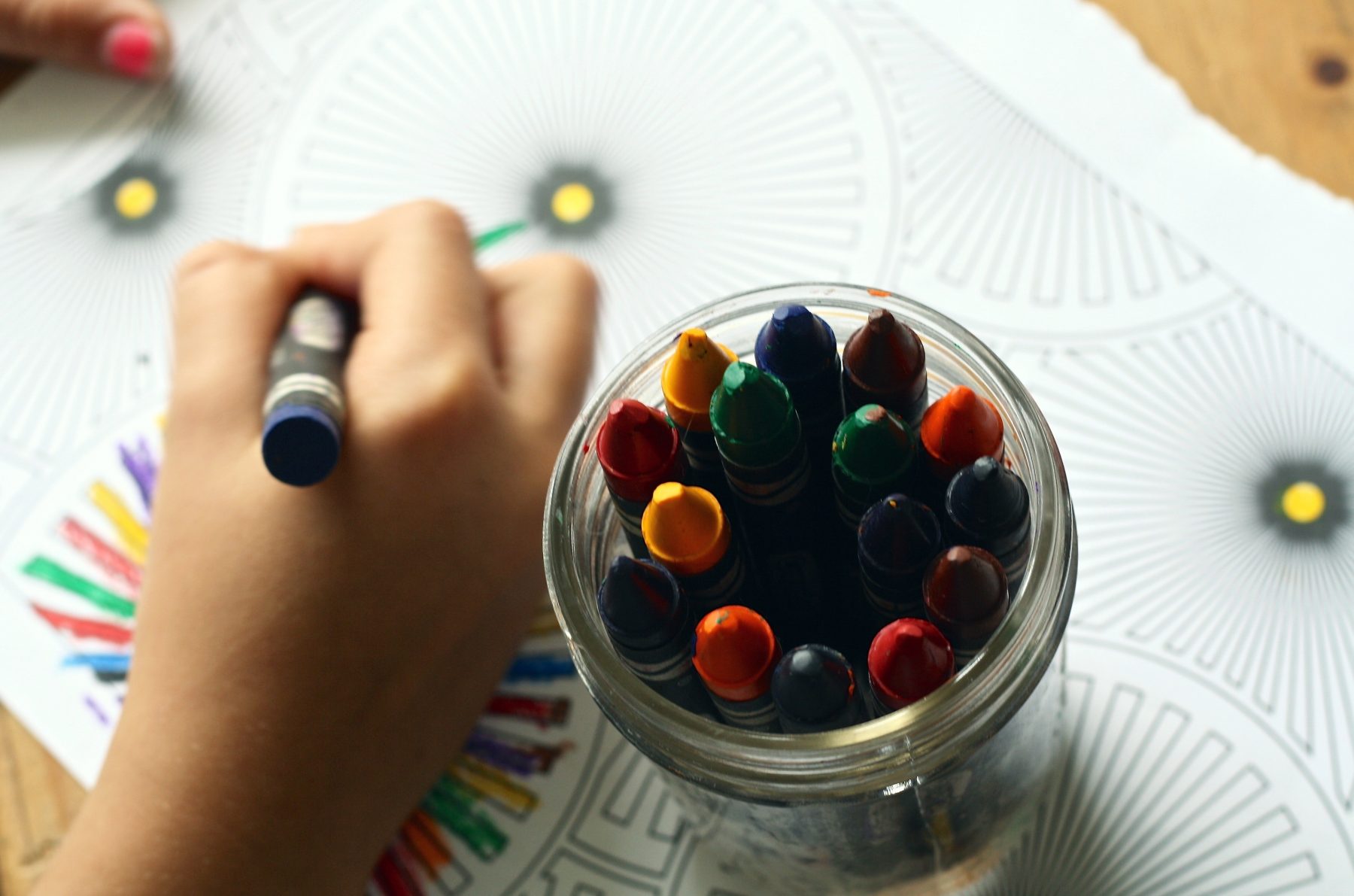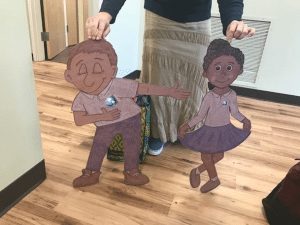The Difference between Montessori Daycare and Traditional Daycare
Montessori daycare programs differs from traditional daycare in a few key ways. Montessori stands out as an approach that fosters independence and meets the needs of the individual learner.
Choosing a childcare program for your baby or toddler is a very important decision. How does a Montessori program differ from a traditional daycare setting? There are several key distinctions.
Opportunities for Independence
Montessori’s belief in the value of independence makes it unique from traditional daycare centers.
From a very young age, children learn to prepare their own snacks and clean up after themselves. Dressing oneself and other self-care, like washing hands, make up a major part of the young child’s curriculum.
“Practical Life” lessons bring activities like this into the classroom as learning objectives. Setting a table, washing dishes, or buttoning a jacket are all things kids learn in school.
While a traditional childcare center might have jumpers or walkers to contain children and keep them busy, Montessori daycares don’t have any of this. Anything that holds a child in a position he cannot get into by himself is not in line with Montessori philosophy. Instead, you will find bars to pull up on or a wagon to push and walk behind.
Step stools or use of low shelving allow kids to reach what they need on their own. Even potty training is made accessible in a Montessori daycare.
Reality-based Books
The books in a Montessori daycare center will be mostly nonfiction. Any fictional content will be realistic fiction–not fantasy.
Some people wonder if holding back fantasy content robs children of their imagination, but that is far from the truth. In the early years of life, a child cannot distinguish between what is real and what is imaginary. It is better to show them what is real while they build their understanding of the world. This is what will be found in a Montessori daycare.
Small children are enamored by the magic of all the brand new things surrounding them. They love books about colors, shapes, and nature. They are also in a sensitive period for order and naming things, so they are drawn to books that categorize. This includes books about construction vehicles or types of leaves, for example.
Positive Discipline
Montessori daycare follows a non-punitive method of discipline. The guides believe that children can learn and want to do so. This philosophy applies to behavior as well.
Positive Discipline is respectful to babies and toddlers because it meets them at their developmental level. Their limits are respected. For example, Montessori guides will not try to force a group of two-year-olds to wait in line quietly for a long time.
Just as Positive Discipline honors what kids cannot do, it also values their need to be challenged at their level. A Montessori guide who finds a child acting out will assume that his work is not engaging enough for him and make an adjustment.
Positive Discipline does not use Time Out. Montessori daycare will have a Peace Corner meant to soothe little ones who are not in control of their emotions. The purpose of the Peace Corner is to calm down and rejoin the group.
Behavior itself is taught through interactive modeling, and misbehavior is redirected or retaught. If the assumption is that a child wants to do what is right, punishment is not the answer, help is.
Mixed-age Groups
Montessori daycare centers will not divide children up by their age to the same extent as a traditional childcare provider. In Montessori, the children are grouped by their stages of development, which last about three years each.
There are a couple of reasons why Montessori daycare groups children in such large age ranges. First of all, older students can help and model for the younger ones. All children enjoy learning from and teaching one another. Teaching also solidifies the learning process.
Next, Montessori daycare centers address each individual child’s readiness. Grouping kids in year-long age groups puts more pressure on achieving certain milestones. In a mixed-age class, it becomes easier to focus on the child’s own developmental path.
Is Montessori Daycare Right for Your Child?
Every child is unique. There are many wonderful philosophies of education out there, but Montessori stands out because it is centered around the idea that your child is an individual. So you don’t really have to wonder whether Montessori is a good fit for your child: Montessori is designed to fit any child.
You may also like: The Importance of Montessori for Infants


